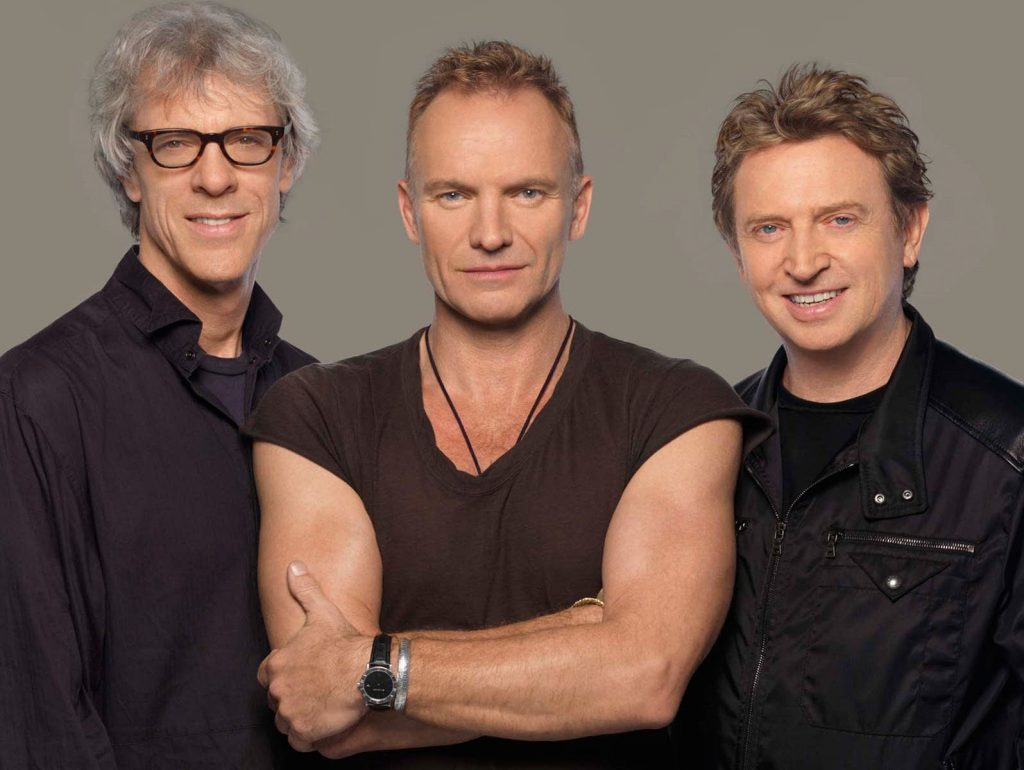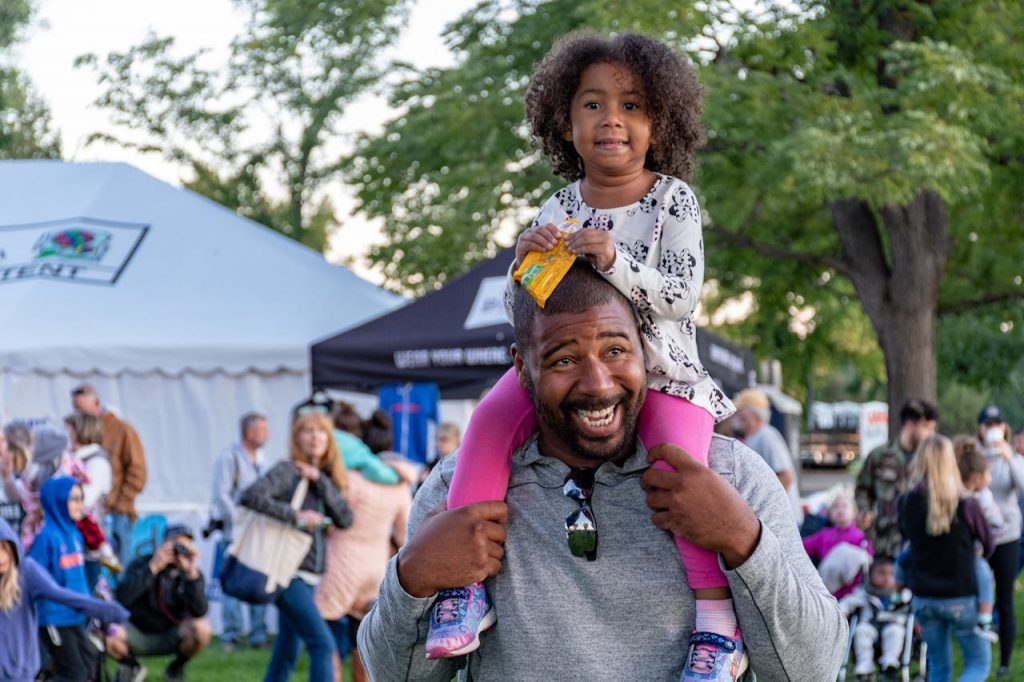Non-Reggae Musicians: Breakout Singing Reggae
Reggae is more than just a genre; it’s a movement, a way of life that echoes resilience, love, and unity. Originating in Jamaica in the late 1960s, it has permeated global music scenes, influencing countless artists across various genres. Today, the world sees a fascinating trend: non reggae musicians breakout singing Reggae, bringing their unique twist to this iconic sound. This trend not only highlights the versatility of Reggae but also underscores its enduring influence on global music.
The Global Appeal of Reggae
Reggae’s heartbeat is its rhythm, known as the “one drop,” and its soulful melodies, which are universally resonant. According to the International Federation of the Phonographic Industry (IFPI), Reggae accounts for about 1.5% of the global music market, highlighting its widespread reach. This allure has captivated artists from all musical backgrounds, leading them to explore Reggae’s rich landscape.

The Police Band
The Police: Pioneers of Reggae Fusion
One of the earliest and most successful examples of non Reggae musicians venturing into Reggae is The Police. With hits like “Roxanne” and “Message in a Bottle,” The Police infused Reggae rhythms with rock, creating a unique sound that dominated the charts in the late 1970s and early 1980s. Their ability to blend these genres not only showcased their musical versatility but also introduced Reggae to a broader audience.
Rihanna: Caribbean Roots and Reggae Influences
Rihanna, a global pop sensation, often incorporates Reggae elements into her music, a nod to her Barbadian roots. Songs like “Man Down” and “Work” feature the characteristic Reggae beat and lyrical style, illustrating her ability to blend pop with Reggae. Rihanna’s success in doing so highlights the genre’s adaptability and its significant impact on mainstream music…………………………………..
Why Non-Reggae Musicians Are Drawn to Reggae
The fusion of Reggae with other genres offers a fresh, invigorating sound that appeals to diverse audiences. For artists, incorporating Reggae into their music often leads to creative breakthroughs and commercial success. Here are some reasons why non-Reggae musicians are increasingly drawn to this genre:
Universal Themes and Rhythms
Reggae’s universal themes of love, peace, and social justice resonate deeply with listeners worldwide. Its rhythms are both relaxing and invigorating, providing a perfect backdrop for lyrical storytelling. This universality attracts artists looking to convey profound messages through their music.
Genre Versatility
Reggae’s adaptability allows it to blend seamlessly with various musical styles. Artists like Jason Mraz and Bruno Mars have successfully integrated Reggae into their music, achieving widespread acclaim. Mraz’s “I’m Yours” and Mars’s “Billionaire” both feature Reggae influences, demonstrating the genre’s ability to cross musical boundaries.

Reggae Love
Commercial Appeal
The incorporation of Reggae elements can lead to commercial success. For instance, songs with Reggae influences often perform well on the charts, appealing to both niche and mainstream audiences. According to Spotify’s 2022 music report, tracks with Reggae influences tend to have higher streaming numbers compared to other genre-specific songs, underscoring the commercial viability of Reggae-infused music.
Real-World Example: Drake’s Reggae-Inspired Hits
Drake, one of today’s most successful artists, has frequently drawn from Reggae influences in his music. His tracks “Controlla” and “One Dance” are prime examples of how Reggae’s infectious rhythms can enhance a song’s appeal. These songs have topped charts worldwide, proving that Reggae’s influence can lead to significant success for non-Reggae musicians.
The Impact of “Controlla” and “One Dance”
“Controlla” and “One Dance” showcase how Reggae’s distinctive sound can elevate a track’s popularity. “One Dance,” in particular, became Spotify’s most-streamed song of 2016, with over 1.1 billion streams globally. This success illustrates the powerful combination of Reggae rhythms and contemporary pop elements, a fusion that resonates with diverse audiences.
The Importance of Reggae in the Global Music Industry
Reggae’s influence extends beyond individual artists; it has played a crucial role in shaping global music trends. Its cultural significance and distinctive sound make it an essential genre in the music industry. Here’s why Reggae’s role is indispensable:
Cultural Significance
Reggae is deeply rooted in cultural expression and political commentary. It has historically given a voice to marginalized communities, addressing social issues and advocating for change. This cultural significance adds depth to the music, making it more than just a genre but a platform for social discourse.
Lack of Commercial Support
Despite its global appeal, Reggae often lacks the commercial support needed to thrive in the mainstream industry. Many Reggae artists struggle to receive the same level of promotion and distribution as their counterparts in other genres. This disparity highlights the need for greater recognition and support for Reggae artists, ensuring the genre’s sustainability and growth.
Conclusion
The trend of non-Reggae musician’s breakout singing Reggae is a testament to the genre’s versatility and enduring influence. As artists like The Police, Rihanna, Drake, Jason Mraz, and Bruno Mars continue to incorporate Reggae into their music, they not only broaden their artistic horizons but also introduce Reggae to new audiences.
In conclusion, what does the future hold for Reggae and its influence on global music? How can the music industry better support this iconic genre and its artists? As Reggae continues to inspire and evolve, it remains a vital force in the world of music, a genre that transcends boundaries and unites people through its powerful rhythms and messages.
